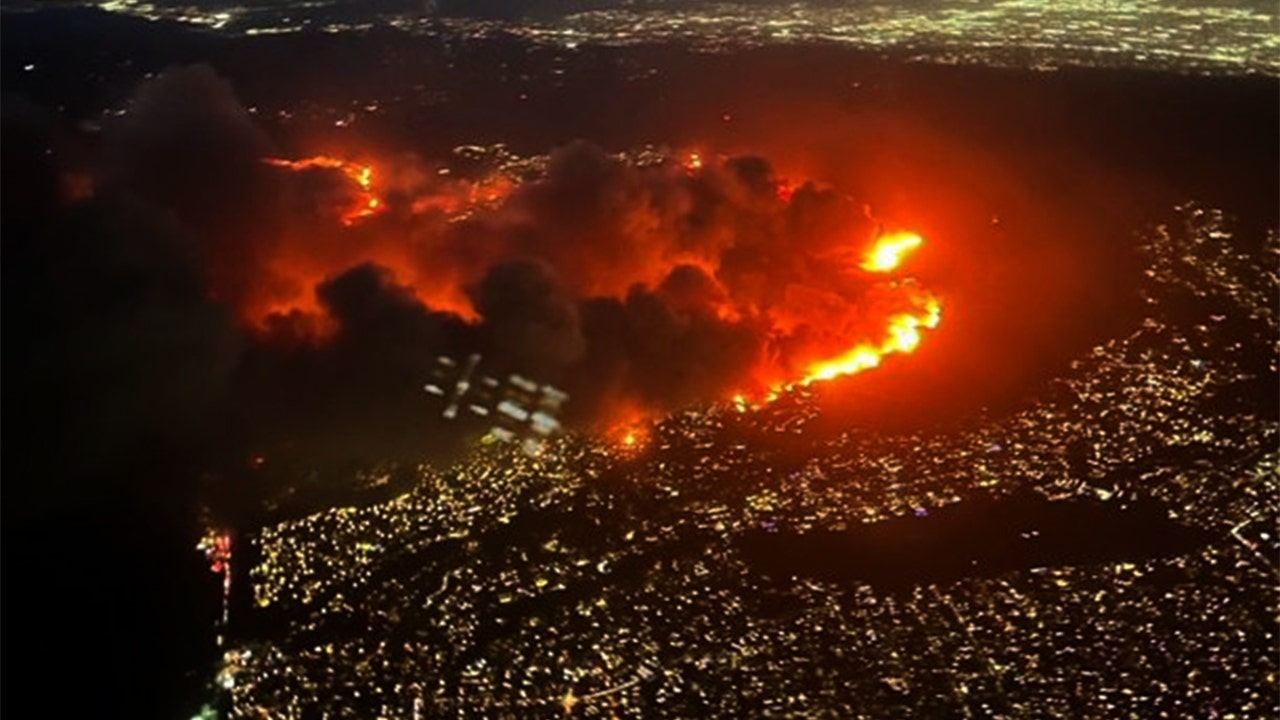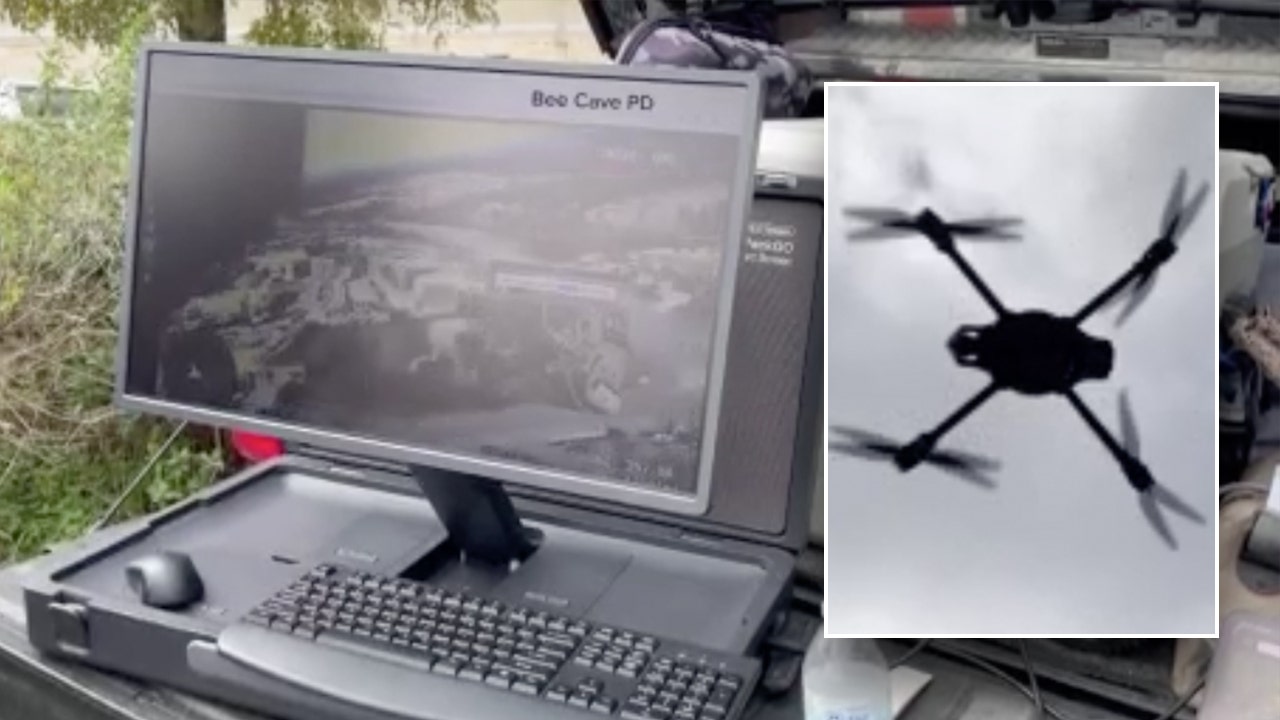The mild position clearly has some truth to it: The everyday functioning of the executive branch does seem more independent of the president’s capacities than it appeared to be before January 2017. I also think the sweeping argument gets at an important reality of governmental power: Conservatives especially have long understood the limited ability of presidents to fully impose their authority on the bureaucracy they nominally lead.
But even the most sweeping version of the sweeping case still implies good reasons to regard a cognitively impaired president as a grave danger to the country. Consider the analysis of Curtis Yarvin, the noted advocate for replacing the present American republic (or the present oligarchy, he would say) with a streamlined and effective monarchy. Rolling his eyes at my column’s naïveté, he explains that in our present system the president is always and already just a figurehead:
In Douthat’s world, it is inexplicable that the “Pax Americana” … would last a minute in the storms of history without an alert captain at the helm. How are we still afloat? How have our many enemies, the enemies of democracy, bad people, not yet prevailed?
In my world, there is no captain and no helm — just a figurehead. Beyond the obvious embarrassment, it doesn’t matter if the figurehead mumbles a little. Actually I think it’s great, which is why I bought that lawn sign.
Yarvin asks, “How does anyone even think about Washington” my way? He goes on:
How do you think someone was “in charge”? My parents worked in D.C. their whole careers. Like most of the four million Americans who “work for” the president in the executive branch, they saw “politics” as a vague distraction beyond their ken, like the storm above the fish in a coral reef. At most “politicians” could screw things up. This is not how people at Tesla see Elon Musk, who is actually “in charge” of Tesla.
Good, bracing stuff. Except that Yarvin also concedes that just occasionally, once in a great while, when the “deep state” can’t agree on policy, the president does have to make choices to resolve internal conflicts in the government — like a Magic 8 Ball being used to yield an answer, he suggests. Here’s his example of such an instance:
Still, sometimes, a meaningful “decision” will sometimes trickle up to the Oval Office, and make it to the Magic 8 Ball on the Resolute Desk. I genuinely believe that the U.S. withdrawal from Afghanistan would not have been accomplished without personal decisions from both Trump and Biden.
Interesting example, that! So the personal decisions of the president don’t matter at all, except for that time when the personal decisions of two consecutive presidents were crucial to ending America’s 20-year war in Central Asia. Just a small thing, no big deal.
Of course, Yarvin is right about Afghanistan: We left the way we did because we elected Trump and Biden, not Hillary Clinton and Marco Rubio. But then in much the same way, one might say that we invaded Iraq the way we did because we elected George W. Bush, not Al Gore. (Gore might have done something related to Saddam Hussein after Sept. 11, 2001, but an invasion of Iraq would have been clearly less likely with him as president.) One might say similarly that we got half-involved in Syria in the 2010s but stopped short of deep involvement because we elected Barack Obama rather than Hillary Clinton, John McCain or Mitt Romney. Or that we fought the first Persian Gulf war the way we did because we elected George H.W. Bush, not Michael Dukakis. Or that we bombed Cambodia and made a deal with China on our way out of Vietnam because we elected Richard Nixon, not Hubert Humphrey.
The point being, the strongest case against a decisive role for U.S. presidents in U.S. foreign policy still leaves, as its residua, some of the most important decisions for war and peace that the American government has made across the past half-century. Even if the president exerts meaningful influence only when a decision trickles up to the Oval Office, the kind of decisions that actually trickle up are the ones that decide if Americans live or die, regimes stand or fall, allies survive or get abandoned.
Did John F. Kennedy decide on general U.S. Cold War policy during his presidency? Arguably not: I would agree that where something like our drift into the Vietnam War was concerned, the institutions mattered much more than the man. But did his decisions matter with the Bay of Pigs and the Cuban Missile Crisis? For better or worse, they obviously did.






